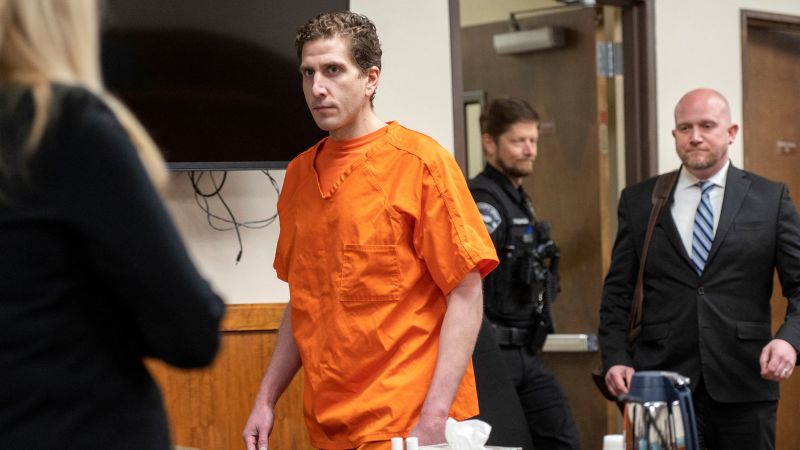Trump Dismisses IAEA Report: Claims Iran's Nuclear Facilities 'Completely Destroyed'

Former U.S. President Donald Trump has vehemently rejected recent claims by the International Atomic Energy Agency (IAEA) suggesting Iran's nuclear program, despite suffering damage from previous U.S. strikes, could be revived within months. Trump asserted that Iran's nuclear facilities were “completely destroyed,” directly contradicting the IAEA's assessment.
The IAEA's director-general, Rafael Grossi, stated on Sunday that while U.S. bombing campaigns significantly impacted Iran's nuclear infrastructure, the program didn’t experience “total damage.” Grossi cautioned that Iran could potentially restart its nuclear activities in a relatively short timeframe, raising concerns within the international community about the country’s nuclear ambitions. This assessment comes at a critical juncture as negotiations surrounding Iran’s nuclear deal, formally known as the Joint Comprehensive Plan of Action (JCPOA), remain stalled.
Trump's response, delivered swiftly and characteristically through social media, underscored his continued skepticism about Iran and his opposition to any potential return to the JCPOA. His statement, “The whole place was destroyed,” paints a far more definitive picture than the IAEA’s nuanced report. This divergence in perspectives highlights the ongoing political complexities surrounding Iran’s nuclear program and the challenges in reaching a consensus on the extent of the damage and the potential for future activity.
The IAEA’s role is to verify that countries comply with their nuclear non-proliferation commitments. Grossi’s comments suggest a need for heightened vigilance and continued monitoring of Iran’s nuclear facilities. The agency’s ability to conduct thorough inspections and gather reliable information is crucial for assessing the true state of Iran’s nuclear program and preventing the development of nuclear weapons.
The timing of this disagreement is particularly significant. The Biden administration has been exploring avenues to revive the JCPOA, which imposed restrictions on Iran’s nuclear program in exchange for sanctions relief. However, significant hurdles remain, including disagreements over the scope of sanctions relief and verification measures. Trump's vocal opposition to the deal and his assertion of a decisive victory over Iran’s nuclear program further complicate the diplomatic efforts.
Analysts suggest that Trump’s statement is likely intended to influence the ongoing negotiations and reinforce his hardline stance on Iran. Regardless of the accuracy of his claims, his words carry significant weight and can shape public perception and influence policy decisions. The debate surrounding the state of Iran’s nuclear program underscores the delicate balance between diplomacy and deterrence in the region and the ongoing need for careful assessment and strategic decision-making.
The situation demands a thorough and impartial assessment of Iran’s nuclear capabilities, based on verifiable evidence and independent analysis. The international community must remain united in its commitment to preventing nuclear proliferation and ensuring regional stability. The future of Iran’s nuclear program, and the broader geopolitical landscape, hinges on the ability to navigate these complex challenges effectively.






